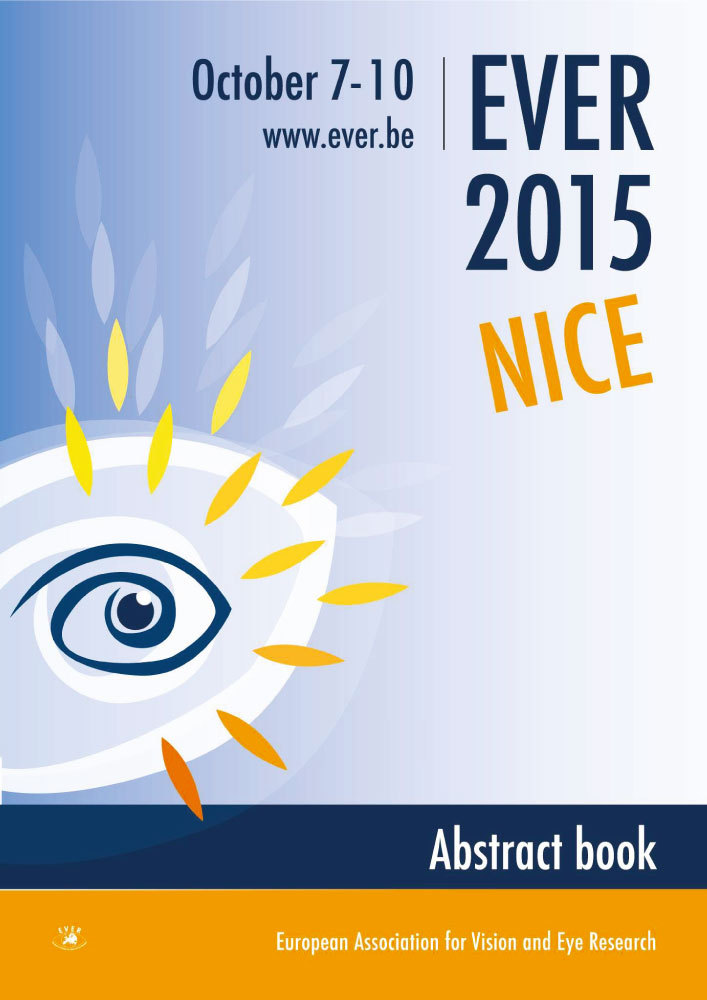Complementary effects of PlGF inhibition and MMC in the improvement of surgical outcome after glaucoma filtration surgery
Abstract
Purpose
We previously showed that inhibition of placental growth factor (PlGF) was more effective than anti-VEGF-R2 treatment in improving surgical ouctome of glaucoma filtration surgery (GFS). In this study, we investigated the complementary effects of mitomycin-C (MMC) and anti-PlGF therapy and compared it to the combined administration of MMC with aflibercept.
Methods
The effect of PlGF inhibitor (5D11D4; ThromboGenics NV) and MMC on surgical outcome was investigated in a mouse model of GFS. The 1st group was treated during surgery with MMC 0.02% for 2 minutes; the 2nd group received a combination of MMC and an intracameral (IC) injection of 5D11D4 (1 µl; 5.4 µg). MMC together with IC administration of aflibercept (1 µl; 3.4 µg) was given to the 3rd group. Treatment outcome was studied by clinical investigation of the bleb every other day. Fibrosis was investigated on postoperative day 52 by performing a Sirius Red staining.
Results
The combination of MMC and 5D11D4 was able to significantly improve bleb area as compared to MMC (n = 20; p < 0.001) by an additional reduction of fibrosis with 10% at day 52 (n = 6; p < 0.001). Moreover, all blebs from the combination group survived until day 52, whereas blebs treated with MMC were failed at postoperative day 34 (n = 20; p < 0.001). As compared to MMC together with aflibercept, the combined administration of MMC and 5D11D4 was equally effective in improving surgical outcome (n = 15; p = 0.88) and reducing the postoperative fibrotic process in the bleb (n = 15; p = 0.49).
Conclusions
We know that inhibition of PlGF is more effective that anti-VEGF treatment. These data suggest that MMC together with PlGF inhibition may even have complementary effects in the improvement of surgical outcome and might be equally effective as the combined treatment of MMC and aflibercept.




